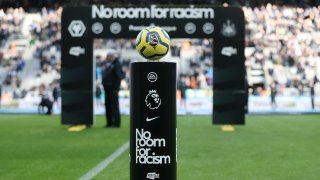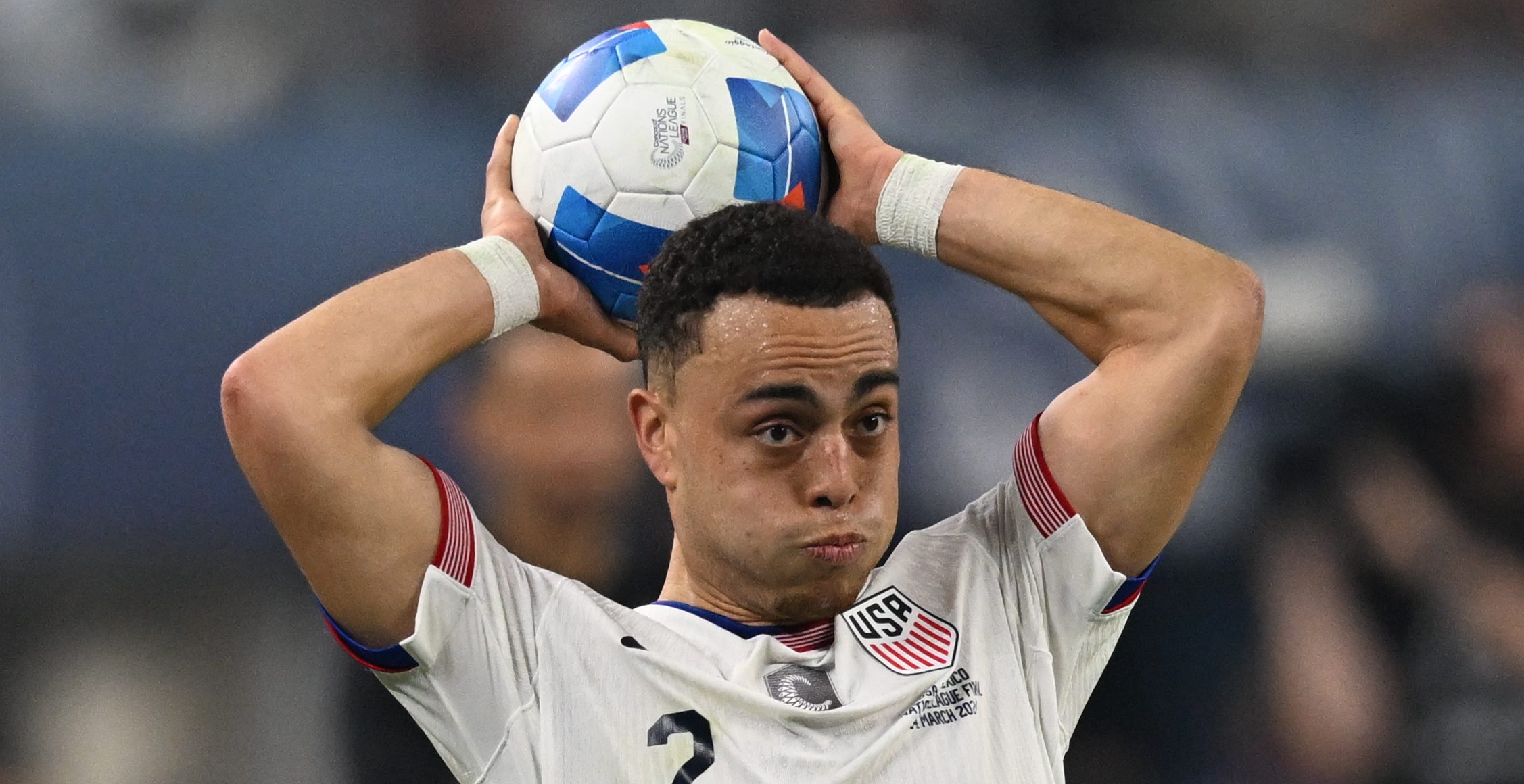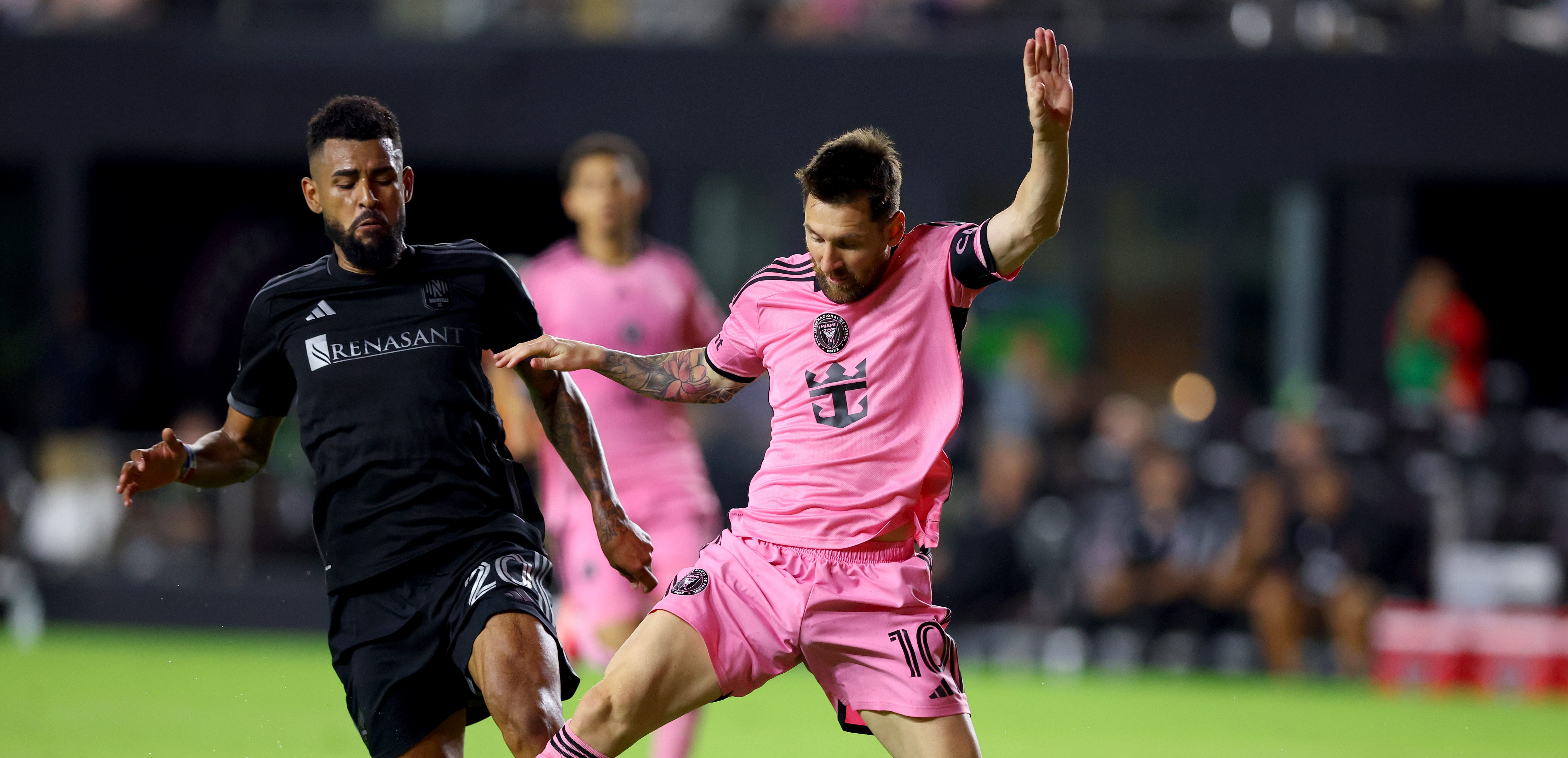
Editor’s Note: As part of the NBC Sports family, NBC Sports Bay Area is your local destination for Premier League highlights. The Bay Area is home to many of the Premier League’s most dedicated American fans, and our goal is to provide you with coverage of the biggest clubs, stars and moments driving the conversation around the best soccer league in the world.
You'll recognize what's printed on the back of every Premier League kit once the season restarts Wednesday.
It won't be familiar names like "Grealish" or "Henderson" when Aston Villa and Sheffield United kick off the first match since the season was first suspended due to the coronavirus pandemic in mid-March. Instead, you'll see the three words that have spread around the world in the wake of George Floyd's death in Minneapolis police custody three weeks ago Monday.
Stay in the game with the latest updates on your beloved Bay Area and California sports teams! Sign up here for our All Access Daily newsletter.
The Premier League announced Friday that all 20 clubs' kits will bear the words "Black Lives Matter" instead of players' names for the first 12 matches of the resumed season. A Black Lives Matter logo "will also feature on shirts for the remainder of the season" in support of the global movement. The Premier League said that it will support players who take a knee "before or during matches" just shy of two weeks after the Football Association (FA) said it would take a "common sense approach" when reviewing potential messages on players' equipment for breaches of the Laws of the Game.
"Those are huge steps for English football," NBC Sports soccer analyst Robbie Earle said on a conference call with reporters Thursday before the Premier League made the news official. "They are huge steps for the FA, who have also taken it upon themselves, … overriding that rule at the moment [about] displaying support for any group or event, so that players are able to express themselves in support of the Black Lives Matter movement.
"... [If] Black Lives Matter is on the logo and at some point during the game players are taking a knee, then that can only amplify the message and hopefully start some of those conversations that are necessary."
The Black Lives Matter movement has received worldwide attention as protests continue in the United States and beyond in the days and weeks after Floyd's death. The 46-year-old unarmed Black man died after a white police officer pressed his knee into Floyd's neck for nearly nine minutes. He died about three months after 25-year-old Ahmaud Arbery was allegedly followed and murdered by two white men while jogging in his Georgia neighborhood, and about two months after Louisville police fatally shot 26-year-old Breonna Taylor in her home. Arbery and Taylor were also Black and unarmed.
Soccer
As the coronavirus pandemic continues to disproportionately affect Black people in the U.S. and the U.K., protestors have demonstrated in those countries and elsewhere in support of the Black Lives Matter movement and against systemic racism and police brutality. Premier League players and clubs have spoken out in support of the movement, and the #PlayersTogether group -- led by all 20 club captains -- reportedly called on the clubs to allow them to wear the movement's name on the back of their shirts this week.
"What the Black Lives Matter movement has done so far is amplified the position of people of color," Earle, an English-born Jamaican man who made nearly 250 Premier League appearances with Wimbledon, said. "It’s brought it to attention. There seems to be a will for people to sit around and discuss things, but then we have to see actions. We have to see actions that are accountable, that can be checked, that can be ‑‑ you can look back and find out if things are working and adapt them if they are not."
The Premier League previously launched a "No Room for Racism" campaign and is -- along with the FA, the English Football League and the Professional Footballers Association -- one of the funding partners of Kick It Out, an organization that aims "to tackle all forms of discrimination." Yet, racism remains all-too-common in English soccer.
Kick It Out reported that racism accounted for 65 percent of reports of discrimination submitted to the organization during the 2018-19 season, while the number of racist incidents reported itself rose 43 percent from the previous season. One hundred fifty-two soccer-related racist incidents were reported to police in the 2018-19 campaign, according to the Home Office, which was more than double the number from two seasons prior. Months before this season was suspended due to the coronavirus, two highly publicized instances of alleged racial abuse occurred at Premier League matches within a two-week span.
During the Manchester Derby on Dec. 7, City supporters threw lighters and bottles at United midfielder Fred and one fan directed monkey chants at Fred and teammate Jesse Lingard, both of whom are Black. That supporter, a 41-year-old white man, was charged with a racially aggravated public order offense in March. On Dec. 22, Chelsea defender Antonio Rüdiger alleged Tottenham Hotspur supporters directed racist abuse towards him during a London Derby at Spurs' new stadium. Some Tottenham fans jeered Rüdiger at the return fixture at Stamford Bridge in February, which occurred just over a month after Spurs said in a statement that London Metropolitan Police found no evidence of racist abuse.
"They never get punished and in the end, I'm the scapegoat," Rüdiger told Sky Sports Germany (H/T The Independent) after the Feb. 22 match. "I won't give up, I'll never stop raising my voice. I'll always raise my voice, but in relation to this, I'm alone."
The PFA called for a government investigation after Rüdiger's allegation, but the racism Black players experience extends beyond the pitch. Manchester City star Raheem Sterling, for instance, accused British tabloids of fueling racism by racially stereotyping Black players and their white peers in 2018, and criticized British soccer's lack of diversity on coaching staffs last week.
The FA adopted its own version of the NFL's "Rooney Rule" in 2018 by mandating interviews with at least one Black, Asian or minority ethnic (BAME) candidate for manager positions, as did the EFL last year. The Guardian reported last week that the Premier League won't follow suit, but "instead plans to develop other anti-racism work."
[RELATED: Check out more Premier League coverage from Sky Sports]
As Black Lives Matter protests around the world have shown, racism isn't limited to one country or institution. The challenge of combatting racism is a systemic one, according to the movement.
Earle called the Premier League and FA's support of Black Lives Matter "the first step ... in what is a huge step forward," but the work can't stop after the restarted season's first set of fixtures.
"We have seen campaigns that have lasted maybe a weekend where we have had a little concentration on it, but things have tended to go away," Earle said. "I kind of feel, and this is where maybe hopefully things are different, I feel as though this has got a different energy, a bigger determination to get things done. And so part of that is going to be some difficult conversations between players, clubs, club owners, people who are running the games, whether it’s the Premier League or the FA in terms of making sure that steps are put in place and they are adhered to."


